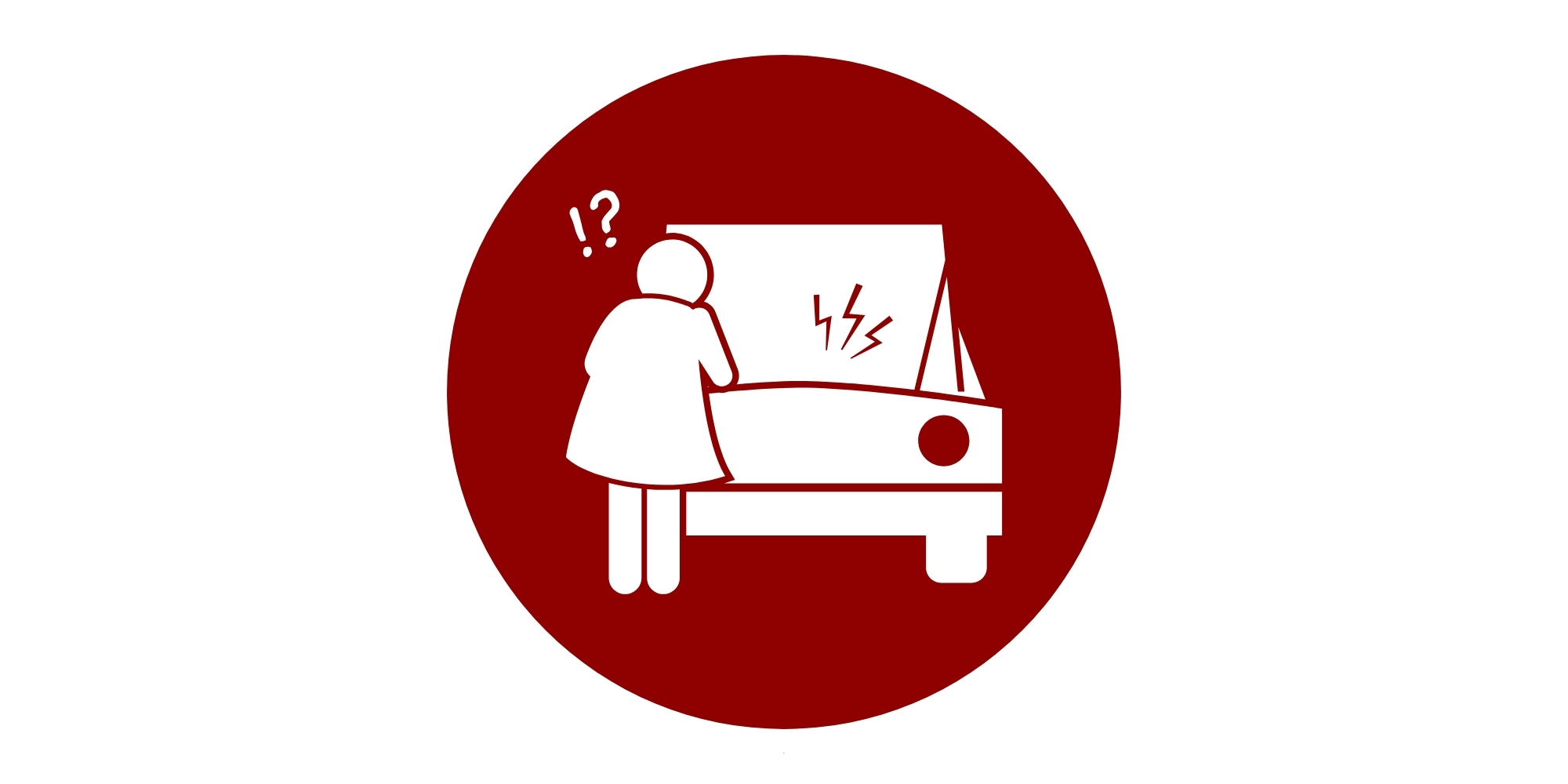EU Adopts 2030 Consumer Agenda to Strengthen Digital Protection and Single Market Access
EU adopts 2030 Consumer Agenda to strengthen digital protection and tackle unfair online practices affecting 450 million consumers across the single market.
The European Commission adopted the 2030 Consumer Agenda today, setting out a five-year strategic plan to enhance consumer protection across the EU's 450 million consumers, who contribute over 51% of the bloc's GDP through household spending.
The new agenda addresses the rapidly changing consumer landscape, including increased living costs, evolving online market practices, and the surge in e-commerce. It introduces initiatives across four key priority areas designed to protect consumers while promoting fair competition for businesses.
The Commission will focus on completing the Single Market for consumers, with an Action Plan aimed at eliminating cross-border obstacles. This includes evaluating the Geo-Blocking Regulation to assess whether it has successfully tackled unjustified discrimination based on nationality or residence. New measures will help consumers compare fares, find travel options, and access cross-border financial services, including the possibility of opening savings and investment accounts in other EU member states.
A Digital Fairness Act, proposed for 2026, will strengthen consumer protection online against practices such as dark patterns, addictive design features, and unfair personalisation that exploits vulnerabilities. The legislation will pay particular attention to protecting children online and reducing minors' exposure to harmful digital features.
The agenda promotes sustainable consumption by supporting member states in implementing EU product and consumer laws that protect against greenwashing, promote sustainable goods, and facilitate product durability and repairability. The Commission will also support the circular economy through initiatives promoting the return of unused goods, second-hand markets, and innovative circular start-ups.
Enforcement measures will be strengthened to tackle the growing circulation of unsafe or non-compliant products, particularly from third countries. In 2026, the Commission will prioritise reviewing the Consumer Protection Cooperation Regulation to enhance enforcement and protect compliant businesses from unfair competition.
Henna Virkkunen, Executive Vice-President for Tech Sovereignty, Security and Democracy, said:
"We need to ensure that consumer law is fit for the new challenges. We must fill in the gaps online and address the new challenges offline. We need to further empower people, ensure that all companies, including from third countries, comply with our rules, and leverage the full potential of the single market for our businesses."
Michael McGrath, Commissioner for Democracy, Justice, the Rule of Law and Consumer Protection, said:
"In a fast-changing digital world, where e-commerce continues to grow, consumers, especially minors, deserve protection whether they shop on the high streets or online. Our 450 million European consumers should trust the products they buy and where they are buying them from. The 2030 Consumer Agenda will strengthen enforcement and ensure that every seller, wherever they are based, plays by the same rules. This will support our economies and uphold a fair level playing field where compliant businesses can compete on equal terms."
The agenda builds on achievements of the New Consumer Agenda adopted in 2020 and follows an EU-wide open public consultation launched in May 2025, which showed general support for its main priorities.
Implementation will be regularly discussed at the Annual Consumer Summit, with the Commission convening regular Ministerial Forums on consumer protection to provide high-level political guidance.
